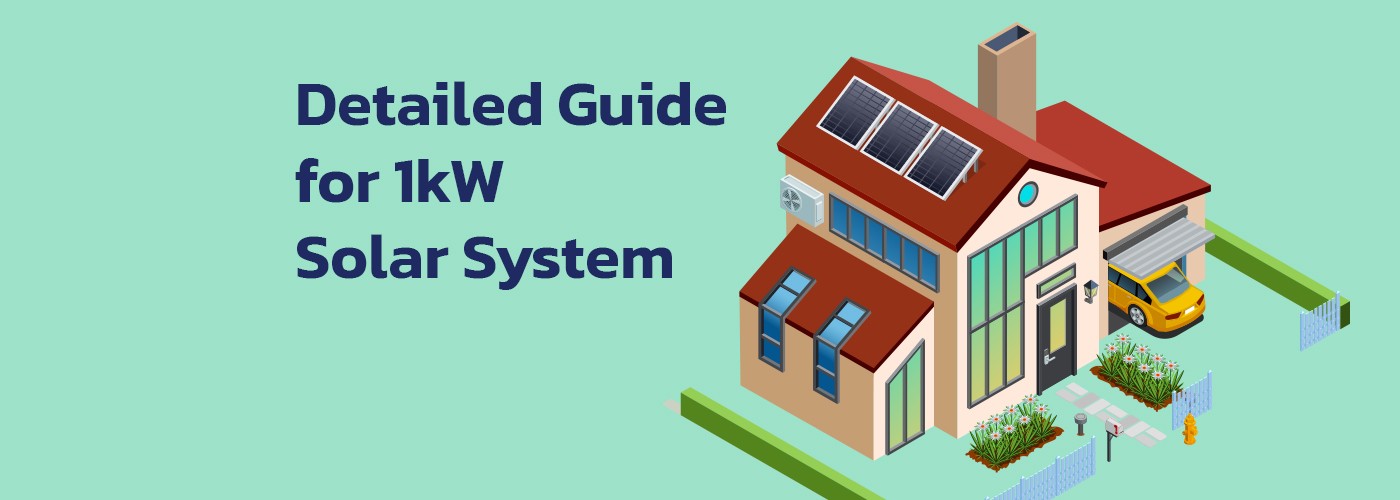Difference between AC and DC Charger For Electric Vehicles

The electric vehicle sales charts show that people nowadays prefer buying electric vehicles over traditional vehicles. The decision to drive EVs helps to keep the environment clean and save money against the purchase of expensive fossil fuels. These hi-tech EV cars are recharged through AC or DC chargers. Therefore, EV owners need suitable electric vehicle chargers to charge the batteries of their EVs. It is important for customers to know that automakers manufacture electric vehicles with different charging ports.
It simply means EV owners need to use compatible chargers for battery charging and escape several inconveniences. Stringent efforts are not needed to find & purchase the appropriate EV chargers. Multiple options for meticulously-engineered chargers are available in the market. Always purchase a genuine charger with high durability to use for years. Here, we will discuss some key points to understand the difference between AC and DC Chargers.
Key Difference Between AC and DC Chargers
Read this information carefully to understand the key difference between AC and DC chargers. These points will help to make a beneficial decision to fetch big advantages.
1. AC and DC Charging
Both AC and DC chargers use grid supply to charge electric vehicles but their charging technology is different from each other. The AC charger properly runs on low power connection but delivers slow charging and uses a converter, which is provided inside the car, to convert Alternating Current into Direct Current because batteries only charge with Direct Current. On the other hand, a DC charger requires a high-power connection to deliver a fast charging experience. DC chargers bypass the converter provided inside the car and directly supply power to batteries.
2. Types of EV Chargers
The EV charger manufacturers offer an extensive range of AC and DC chargers for individual EV owners and for commercial charging stations. The EV AC charger range includes 3.3 kW, 7.2/11 kW Type-2, 10 kW Bharat AC-001, and 14 kW Hybrid AC Charger capacities. Similarly, the DC EV charger range comprises options in 15kW, 20kW, 30kW, Dual Gun 60kW, and 120 kW capacities.
Read also: 5 Benefits of Installing an EV Charger at your Home
3. Charging time
The EV battery charging time depends upon the requirement of the battery and the type & capacity of the charger. A low-capacity AC charger takes long hours to charge a small battery pack. Due to slow charging, AC charger proves unsuitable for big-size batteries of electric cars and commercial vehicles. On the opposite side, the high-capacity DC charger takes lesser time to charge the large-size batteries of electric vehicles of different segments and helps to overcome range anxieties. Commercial charging stations with DC fast chargers are continuously developing across strategic city locations, rural areas, highways, major routes, and other important locations.
4. Accessibility to the compatible charger
All AC and DC chargers are easily available in the market but they do not follow similar patterns and work at all places to charge electric vehicles. The low-capacity AC charger works perfectly at home/office parking but high-capacity fast DC chargers are specifically designed to be installed at commercial charging stations. EV owners need to reach commercial charging facilities to charge batteries with high-capacity DC chargers. Consumers pay domestic electricity prices per unit consumed on home/office AC chargers. On the other hand, commercial charging stations require high charging prices to use DC fast chargers.
5. Cost
The AC chargers are relatively less expensive to install. The price of a low-capacity AC 3.3 kW charger starts from 20-22 thousand and goes up to 70-75 thousand for a 14 kW AC charger. On the other hand, the price of a 15 kW DC charger starts at 3-4 lakhs and goes up to 9-10 lakhs for a 60 kW DC charger. Customers need to spend more money to purchase a 240 kW ultra-fast DC charger. There are more options available for AC and DC chargers. Select a compatible AC charger if you have a low budget and looking to avail the benefits of home charging. Expensive DC chargers prove a good choice for those who are planning to set up a commercial charging station.
Read also: How to Open an Electric Car Charging Station in India
Conclusion
AC and DC chargers work according to the different principles of electrical engineering. Therefore, their performance and efficiency differ to a wide extent. This constraint makes it very important to choose a suitable EV charger and use it intelligently to enjoy easy battery charging and smooth driving in your favorite EV. Customers are also suggested to comply with all guidelines of charging to keep the battery safe for long years and escape different kinds of issues. The right selection of AC or DC chargers also helps to save money.





Needs to know more
Thank you sir for your interest. Please send your contact details to ebiz@servotechindia.com or contact 9311313734, and our sales specialist will contact you as soon as possible.